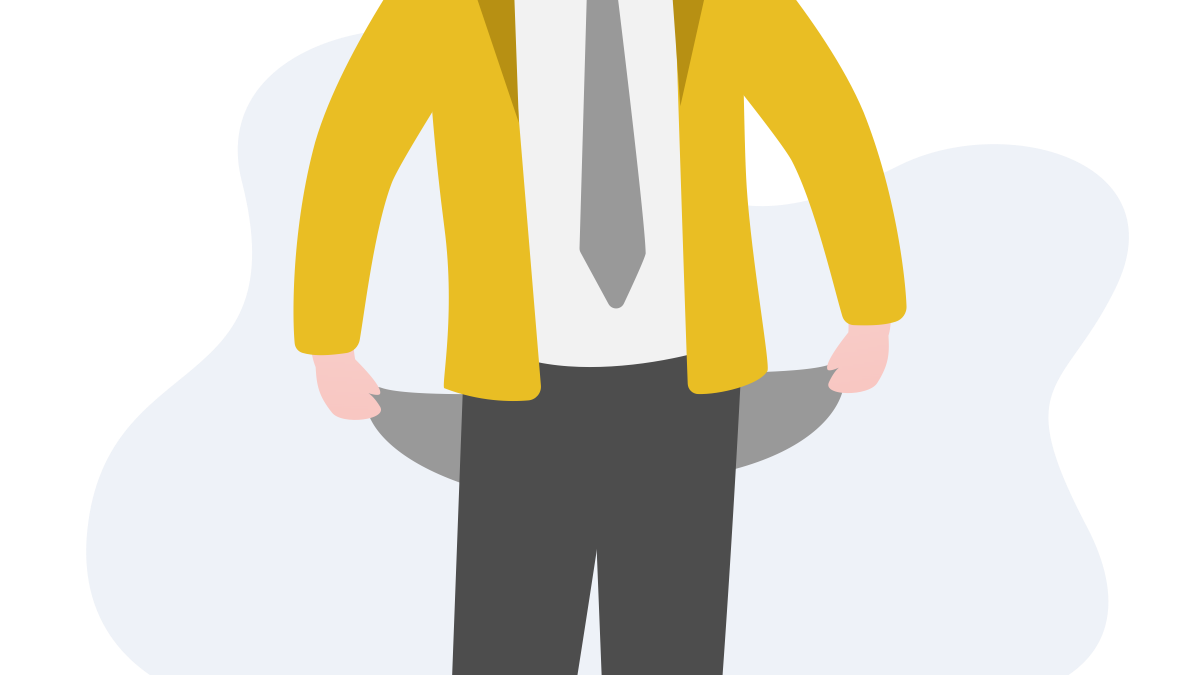No Checks. Rent is Due. What Do You Do?

There is a relatively new phenomena throwing a curveball at renters – the checkless bank account. Most apartments and many privately run rentals still take checks for rent payment, but many banks are backing away from providing paper checks for payments. This can cause a bit of a sticky situation for getting rent in on time.
If you don’t pay rent when it’s due, expect your landlord to either: call, email, or otherwise contact you, demanding the rent , begin assessing late fees if there is a late fee provision in your lease or rental agreement, and, possibly, send you a termination notice, telling you that if the rent is not paid within a certain number of days or if you haven’t moved out by then, eviction proceedings may be imminent.
So what is a checkless bank account holder to do? Here are some options, along with some pros and cons for each.
Counter Checks
Counter checks are checks that you get at a bank branch, usually from a teller or a personal banker.
Banks typically charge a small fee to print checks at the branch, so expect to pay roughly two dollars per check. Some banks and credit unions do offer free checks, especially if you only need a few, but a box or book of checks might come with a charge as high as $35.
If you do plan to make a payment with a counter check, be aware that merchants don’t always want to accept them as payment. Even if the bank prints your personal information on the check, these usually look different from most checks. They don’t have a check number, which is a signal that the check is a counter check. Merchants might fear that you’ve opened a brand new account (which signals greater risk for them), or that you’re using a poorly-made counterfeit check.
Money Orders
A money order is a paper document, similar to a check, used for making payments. Money orders are prepaid, so they are only issued after a buyer pays for the money order with cash or another form of guaranteed funds.
Money orders can cost from 88 cents to upwards of $5 and higher. Prices are typically lowest at supermarkets and convenience stores—around $1 or so per money order. Banks and credit unions often charge $5 to $10.
Money orders are generally considered safe, but they can be used in fraud. In fact, the perception that they are safe is exactly what makes them targets for scams. Avoid paying anybody with a money order if you think you’ll ever need to reverse the payment. You can only cancel money orders before they’ve been cashed.
Print and Send Checks Online
Online check writing and printing replaces the need to visit a bank or physical location for checks or money orders. You can print your checks from a personal printer, or you can select for a check(s) to be printed and mailed for you.
Online check printing is, like the checkless bank, a relatively new method for check-writing. But, some institutions have been around for awhile. (Take, for instance, Checkeeper.com. They've been cranking out checks since 2008!) One of the greatest things about it is that it is almost instant, and has the possibility of you not even having to put on pants! (That part is up to you.)
If you have a home printer, you fill out a check and print it right then and there. If you are a couple days out from the due date, or not in town, etc, and would prefer the check mailed for you, there is an option to have the check printed and mailed first class on your behalf for a small fee, all without having to leave the couch. This is, by far, the best, easiest and most time-effective method to solving the "no checks" problem to get that rent in, on time, and on an actual check.
All in all, while the new checkless bank has thrown a wrench in the process, it's good to know your alternatives to getting rent in on time.